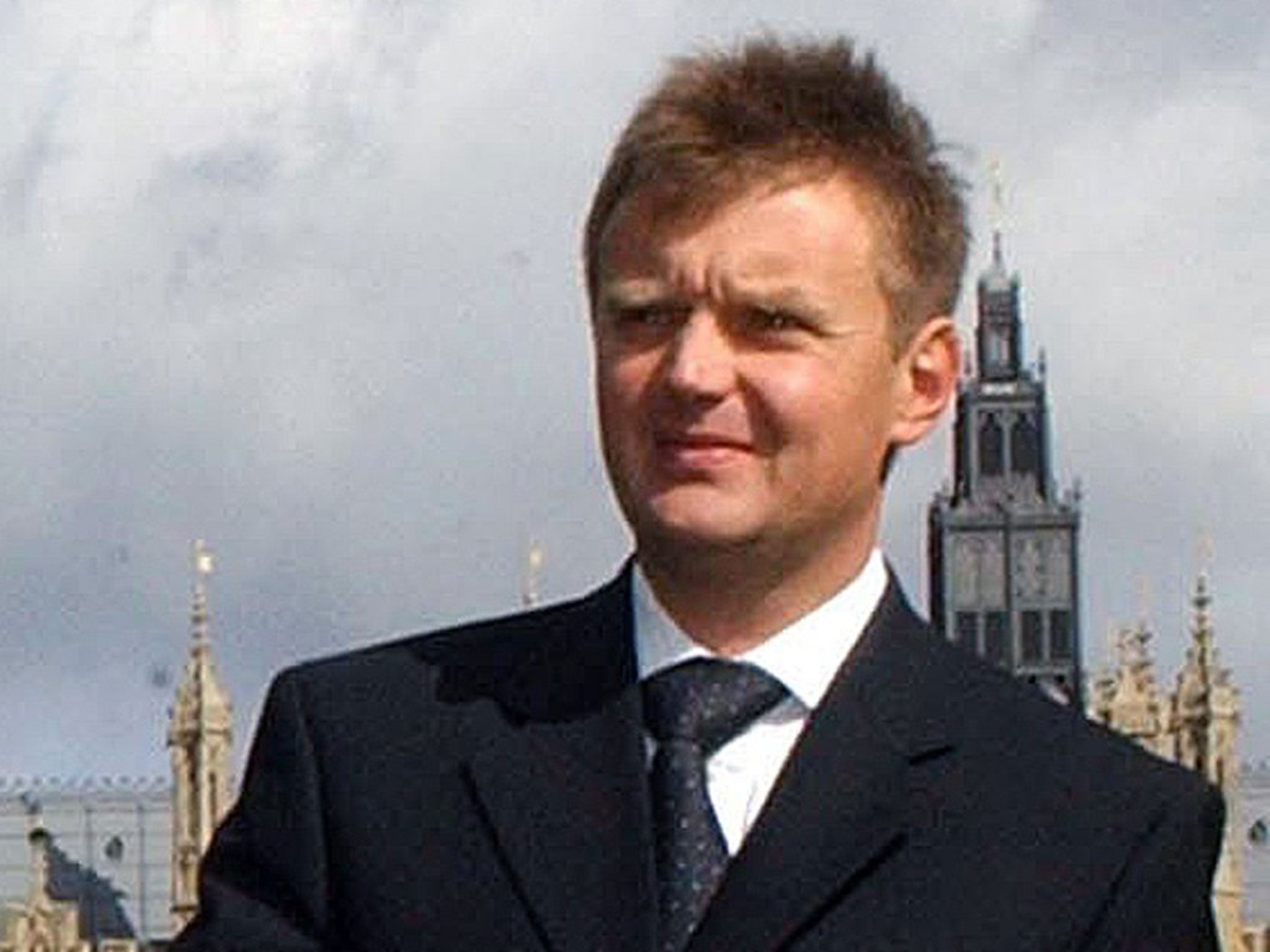Litvinenko Inquiry: FSB links make it highly unlikely Putin would be unaware about plot to assassinate former spy
Mr Putin remained close to his former deputy at the FSB intelligence agency, Nikolai Patrushev, after moving into politics in 1999

It was, the Litvinenko inquiry was told, “rule number one” of life in the KGB: cover your back. According to former Russian spies and others familiar with the power nexus inside the Kremlin, this motto also explains why it is likely that even the head of the country’s security agency would have turned to Vladimir Putin to sign off the decision to murder Alexander Litvinenko.
At the time of his death, the head of the KGB’s successor the FSB was Nikolai Patrushev, who served as Mr Putin’s deputy at the intelligence agency before taking over when his superior left to become Prime Minister in August 1999. The operation to poison Mr Litvinenko’s tea with polonium was probably approved by both men, who had remained close, according to Sir Robert Owen’s report.
Exactly how much Mr Putin knew about the FSB’s day-to-day work at the time – and how much he was involved in dictating what it did – remains unclear, mainly because of the Russian president’s obsession with collective solidarity and confidentiality among his ministers and officials.
According to Professor Robert Service, a former professor of Russian history at the University of Oxford who submitted a lengthy report on the Kremlin power structure to the inquiry, Mr Putin has presided over a “severe constriction” in the type of information released about his activities since coming to power.
However, some Kremlin observers have claimed that an incident which took place shortly after Mr Putin left the FSB for politics illustrates his willingness to interfere with the agency’s often murky work through his friend and former colleague Mr Patrushev.
In autumn 1999, a series of explosions in Moscow apartment blocks were blamed on Chechen terrorists, stoking public anger and increasing support for military intervention. But doubts over the official story were raised soon afterwards and have never been adequately explained, Professor Service told the inquiry.
“The hypothesis has never been disproved that this burst of terrorist activity was no such thing and that Patrushev, with Putin’s encouragement, had planned the outrages as a way of fostering favour among Russians for a projected military campaign in Chechnya,” he wrote in his report.
Another intriguing theory considered by the inquiry was that by 2006 Mr Patrushev had secretly turned against Mr Putin – and deliberately concealed the Litvinenko operation from him as part of plot to weaken his rule. However, Sir Robert dismisses this as unlikely.
Other witnesses told the inquiry that the two men’s past history, and Mr Putin’s tendency towards micromanagement, made it highly unlikely that he would not have been informed about a planned assassination on British soil. “Nobody in his right mind, knowing how things run there, would authorise such an operation when one could be sure that Mr Putin would take a very close look at it after the fact,” said Alexander Goldfarb, the Russian dissident and close friend of Mr Litvinenko.
Subscribe to Independent Premium to bookmark this article
Want to bookmark your favourite articles and stories to read or reference later? Start your Independent Premium subscription today.
